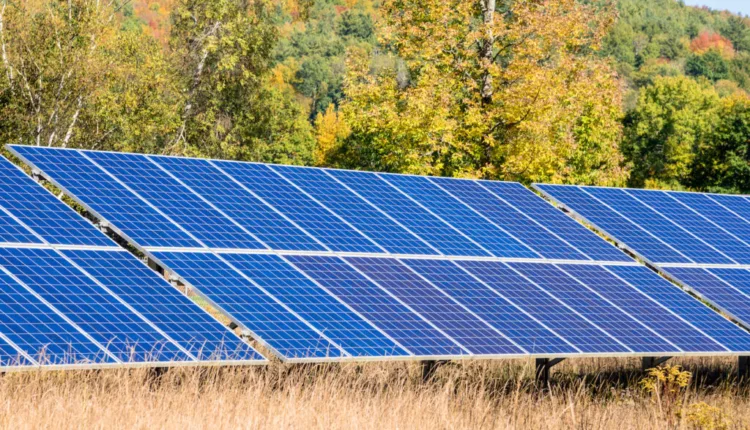
North Carolina’s Surge in Clean Energy
TL/DR –
North Carolina is emerging as a leader in America’s clean energy movement, according to polling from the North Carolina League for Conservation Voters Foundation (NCLCVF) and a report by Climate Power. The Clean Energy Boom report noted that North Carolina has created over 4,768 clean energy jobs and contributed $9.78 billion to the state’s economy since the enactment of President Biden’s Inflation Reduction Act (IRA). However, the report also highlighted political divides over the issue, with Republicans attempting to repeal the IRA at least 25 times, while Democrats and the state’s Governor, Roy Cooper, continue to support clean energy jobs and policies.
North Carolina’s Clean Energy Revolution: A Fresh Perspective
North Carolina is leading America’s clean energy movement, with a resounding 75% of voters advocating for more renewable energy, according to the North Carolina League for Conservation Voters Foundation. Solar power tops the list with 79% approval. Other preferences include reducing fossil fuel use (62%), accelerating clean energy transition (67%), and supporting President Biden’s clean energy policies, such as the Inflation Reduction Act (73%).
Following this public support, Climate Power’s Clean Energy Boom report reveals a surge in the state’s clean energy jobs, attributing it to the Inflation Reduction Act. Chronicling the creation of over 4,768 clean energy jobs and the injection of a robust $9.78 billion into the state’s economy, the report lightens the path towards economic prosperity, particularly for disadvantaged communities.
North Carolina’s rural communities bear the brunt of this change, with the state leading all 50 states in terms of rural clean energy jobs, boasting 25,563 such jobs as reported by “Clean Jobs North Carolina 2023”. This surge in clean energy jobs is viewed as a lifeline, offering economic resilience and social upliftment for these traditionally vulnerable communities.
A prime example of this development is Toyota’s significant expansion of its EV battery plant in Randolph County, a result of the Inflation Reduction Act. A further $8 billion investment – raising the total to $13.9 billion and more than 5,000 jobs – solidifies North Carolina’s top position in rural clean energy jobs.
Despite Republican opposition, Congressional Democrats back the Inflation Reduction Act for its economic and environmental benefits. In contrast, House Republicans, including those from North Carolina, have attempted to repeal the Act at least 25 times. Governor Cooper’s support for clean energy jobs contrasts significantly with Lieutenant Governor Mark Robinson’s dismissal of climate science, highlighting differing perspectives on the issue.
Looking towards 2024, the clean energy sector’s impact on North Carolina’s economy is vital. Owing to the Democrats’ clean energy plan, businesses are breaking ground on new facilities, creating good-paying jobs. Thanks to Governor Cooper, North Carolina is a leader in the clean energy economy, especially in rural communities.
However, sustaining this momentum requires continued collective support, innovation, and forward-thinking by policymakers, communities, and industries. It’s crucial to resist any political agendas that could derail this progress, choosing instead to champion North Carolina’s ongoing leadership in clean energy development.
—
Read More US Economic News
